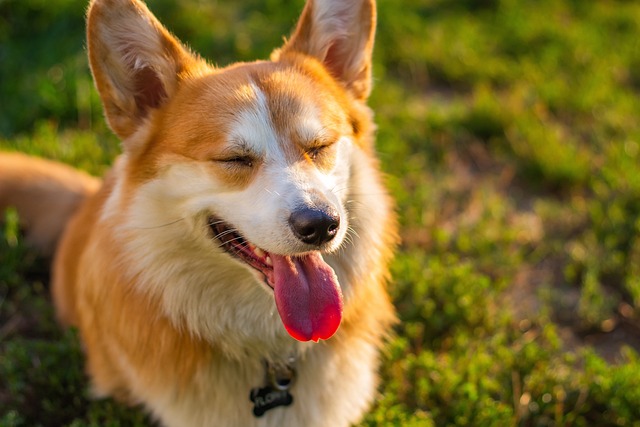
What is the best thing for dogs to chew on to clean teeth
If you’ve ever wrestled with a squirming pup to brush their teeth—only to end up with slobber on your shirt and a toothbrush chewed to bits
As a new dog owner in the US, you diligently took your puppy to the vet for all their initial shots. But now that your pup is all grown up, you might be staring at a reminder for their annual vaccine visit and wondering: Do adult dogs need yearly vaccinations? It’s a question that mixes health, responsibility, and even local laws—so let’s break it down.
Vaccinations work by teaching a dog’s immune system to fight off harmful diseases, but that protection doesn’t last forever. Puppy vaccines build a foundation, but over time, the antibodies that fight illness fade. For adult dogs, yearly (or regular) boosters help “recharge” those defenses. Think of it like how you need a yearly flu shot—your body’s protection weakens, so a booster keeps you safe. Veterinarians explain that diseases like distemper and parvovirus are still common, and even a healthy adult dog can get seriously sick without updated vaccines. Rabies, in particular, is a constant threat; it’s fatal and can spread to humans, making consistent protection critical.
Here’s how to handle yearly vaccinations practically. Start by chatting with your vet—they’ll create a plan based on your dog’s age, health, and lifestyle. Core vaccines (rabies, distemper, parvovirus) are non-negotiable for all adult dogs. Non-core vaccines, like those for kennel cough or Lyme disease, depend on whether your dog visits parks, boarding facilities, or lives in tick-heavy areas. Keep a vaccine record—many vets provide digital logs, or you can use a app to track due dates. Mark your calendar for booster visits; most core vaccines need updates every 1–3 years, but your vet will guide the timing. A quick 15-minute vet visit once a year is a small effort for big peace of mind.

In the US, yearly vaccinations aren’t just a good idea—they’re often required by law. Rabies vaccination is mandatory for adult dogs in nearly every state, with strict fines for owners who skip it. If your dog bites someone, proof of current rabies vaccine can prevent mandatory quarantine or worse. Culturally, staying on top of vaccines is part of being a responsible owner, right alongside positive reinforcement training (never 体罚!) and keeping your dog well-behaved. For apartment dwellers, most buildings demand proof of current vaccines to protect other pets in shared spaces like elevators or dog runs. When out in the community, fellow dog owners will appreciate knowing your vaccinated dog isn’t spreading illness—just as you’d want the same from them. And don’t forget the basics: always clean up after your dog in public, another key part of responsible pet care.
Yearly vaccinations are a simple, essential way to keep your adult dog healthy, comply with laws, and be a good neighbor. By staying consistent, you’re giving your furry friend the best chance at a long, happy life—one booster at a time.

If you’ve ever wrestled with a squirming pup to brush their teeth—only to end up with slobber on your shirt and a toothbrush chewed to bits

That faint whiff of fishy breath when your Golden Retriever greets you isn't just "dog smell" – it's likely the first clue to canine periodontal disease

Ever felt that sinking worry when your energetic Labrador suddenly loses its appetite or starts a persistent belly rumble?Regular deworming isn't just a checkbox on a pet care list—it's a vital shield protecting your furry best friend from hidden health t

Watching your dog pant heavily on a hot day, or noticing their nose is dry and their eyes look sunken, can send a wave of panic through any new pet owner.

Cooking homemade meals for your dog feels like an act of love—chopping fresh veggies, simmering lean meat, knowing exactly what’s in their bowl.

Picture this: You're scrambling to get ready for work, your golden retriever nudges your hand, and your daily multivitamin tumbles onto the kitchen floor.